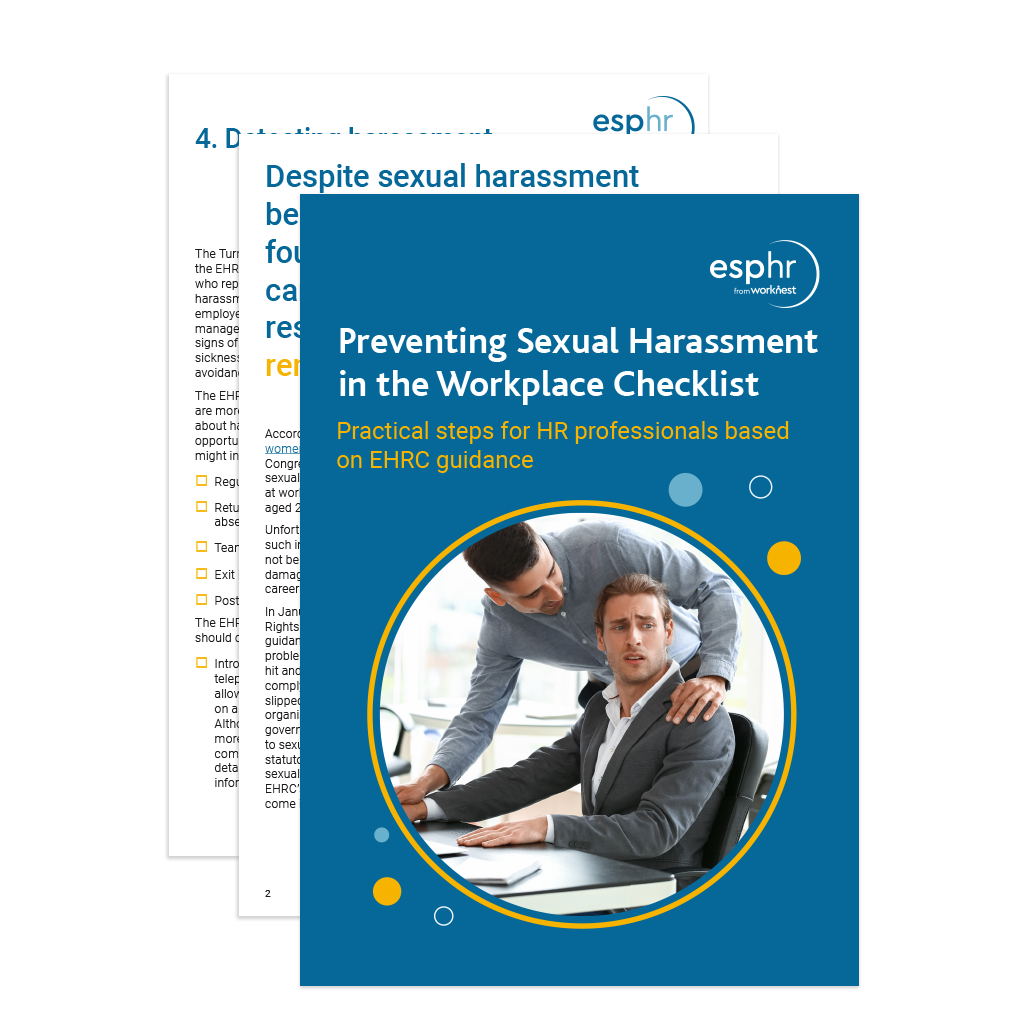Working with HR professionals on a daily basis, I recognise the integral role they play in supporting people managers as they navigate through Employee Relations (ER) issues. Yet, have you ever considered how many hours the average HR team dedicates to this support, what motivates these interactions, and the subsequent impact on an HR team’s workload and strategic projects?
These themes were at the heart of recent research conducted on behalf of esphr, engaging hundreds of HR professionals and line managers in the UK. The culmination of our findings is showcased in our new whitepaper, “Empowering Middle Managers for HR Transformation,” the latest addition in our Middle Managers Matter whitepaper series. Building upon earlier research that explored line managers’ confidence in addressing ER issues, this whitepaper takes a deeper dive into the frequency and motivations behind people managers’ interactions with HR and the consequential impact on HR teams.
Middle managers play a pivotal role in the organisational structure, serving as a vital connection between the workforce and the employer. While they aren’t expected to be ER experts, there is a belief that they should possess a fundamental grasp of employment policies and procedures, and be capable of identifying and offering empathetic and compliant support to their team members. However, the reality often falls short of these expectations, even within the same organisation, and almost always comes at the expense of HR professionals.
Organisations have historically placed too much emphasis on developing leaders focused on strategy, often overlooking the importance of encouraging excellence in core management practices. When managers lack proficiency in these areas, conflicts with individuals are almost inevitable. The mishandling of seemingly ordinary situations can have astonishing impacts on an organisation, from decreased employee morale and engagement to increased turnover and potential legal consequences.
However, this reliance on HR due to managers’ lack of confidence or capability in ER matters also places a significant burden on HR teams. We may find ourselves dedicating substantial amounts of time and resources to resolve conflicts and manage ER issues that could ideally be addressed at the managerial level. This not only strains HR’s resources but also diverts focus from strategic HR initiatives such as talent development and organisational growth.
The synergy between HR and middle management in handling ER issues is crucial, and it’s an area where organisations can make improvements to promote efficiency and harmony in the workplace. At esphr, we wanted to explore to what extent middle managers rely on HR to deal with ER issues in their workplace and the implications this has on HR teams and organisations as whole.
Our findings have revealed a multitude of perspectives, views, challenges, and, most importantly, opportunities for us all. If you would like to explore our findings in more detail, you can download a copy of the whitepaper here.





